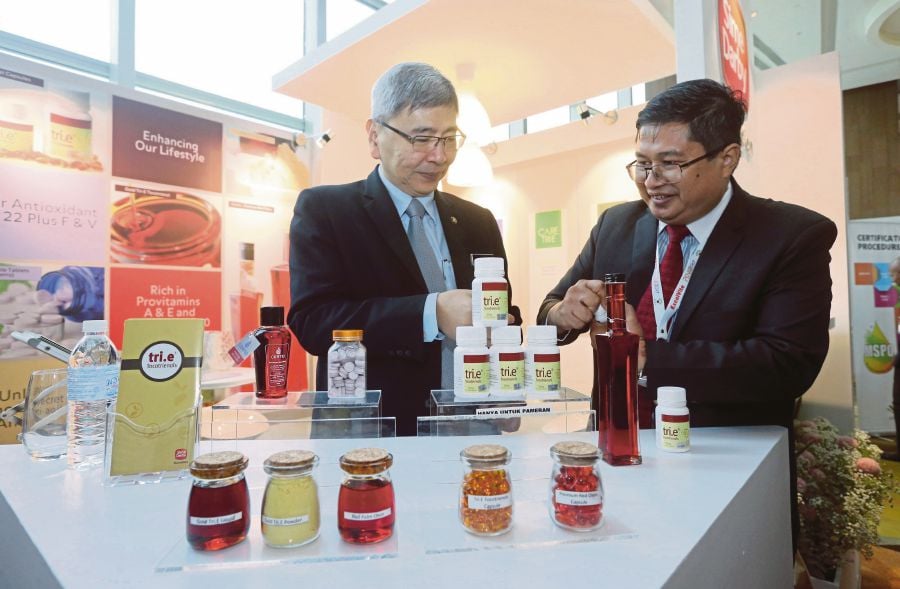The γ-Tocopherol isoform of vitamin E can reduce typical inflammatory features of asthma and could be a future steroid-free option for sufferers, say researchers. Published in the Journal of Allergy & Clinical Immunology, researchers from the University of North Carolina assessed the impact of γ-Tocopherol supplementation had on airway inflammation among mild asthma sufferers.










